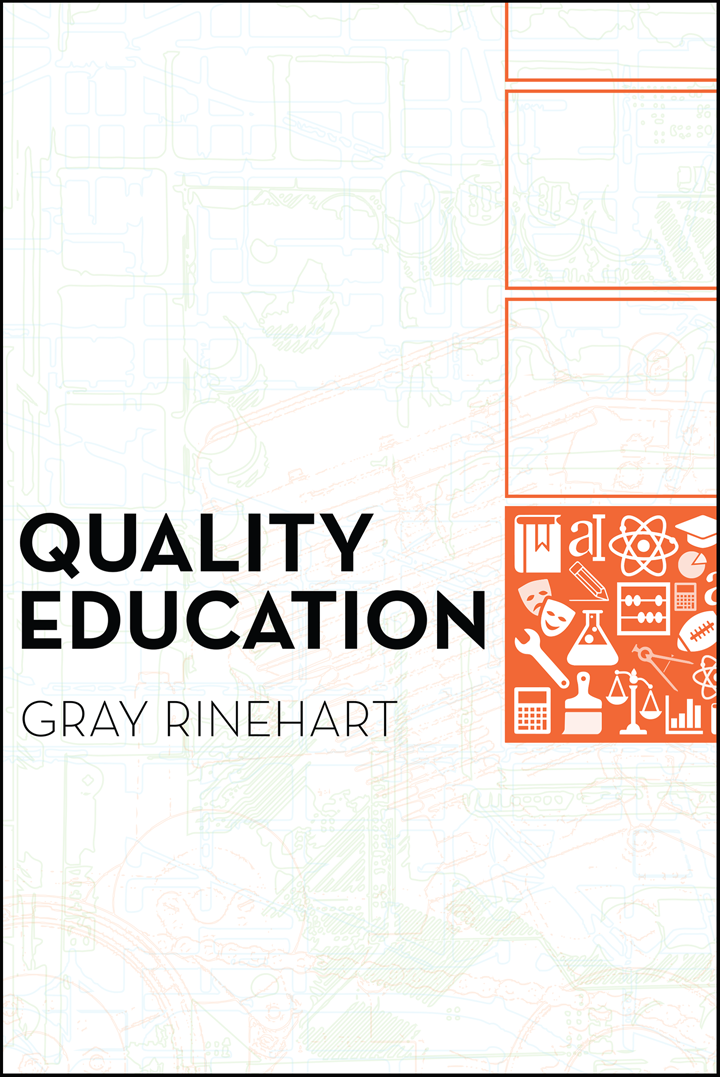(Nothing horrific here: a “zombie” post only in the sense of coming back from the electronic dead.)
Here again I’m reprising an old blog post that I particularly like. It was published on this date in 2012 on the old NCSU-IES blog, which unfortunately no longer exists.
At the time, we had been having an internal debate over whether we provided “training” or “education” to our clients. There was a definite push by the unit leadership to say we were not trainers but instead were part of the “education” mission of the university.
Unsurprisingly (and perhaps unwisely), I pushed back:
The distinction between the two, as I understand it, is a matter of practicality. Training gives us skills and techniques we can practice, hopefully with enough knowledge to know when and where they will be useful. Education, meanwhile, gives us new knowledge and insights, and a better understanding of the world. When I taught CPR, I trained my students in how to apply the life-saving methods; when I taught leadership and management, I educated my students about different aspects of and approaches to the two.
[In 2011] one of my colleagues showed a tag cloud she made of comments from our clients and “training” was the largest word in the cloud (i.e., had been used by clients most often). Immediately, a discussion started about how we might change that perception and the relative worth of one versus the other. The discussions have been interesting. From what I’ve observed, on one side of the debate are folks who came from industry and say of course we provide training. On the other, folks who grew up in the academy tend to downplay the T-word in favor of education. In the middle, folks who have spent time in both camps lean one way or the other, depending on how deeply they’ve immersed themselves in the campus culture.
Color me unimpressed by the whole thing, and firmly on the side of training.
I admit, I started out with my share of the “we’re-the-university-so-of-course-we-educate” mindset. But recently I’ve been studying and refining a model of how we … should fit into the academic side of the university, and after thinking about it I’ve (to borrow a phrase) come to the dark side.
The way I see it, education and training are two sides of the same coin: teaching. Both imply the delivery of knowledge — or at least information — from a person who has it to a person who needs it. I’ve flipped that metaphorical coin a few times and come up with what I see as major differences between training courses and classroom education….
At this point the original post presented the differences in tabular form, but I’ve arranged them in a bulleted list for this “zombie” version:
- In terms of Location, EDUCATION is mostly On-Campus, while TRAINING is mostly Off-Campus
- In terms of Audience, EDUCATION is mostly aimed at Traditional Students, while TRAINING is mostly aimed at Nontraditional Students
- In terms of Source Material, EDUCATION is primarily based on Theory, while TRAINING is primarily based on Practice
- EDUCATION mostly delivers Facts & Ideas, while TRAINING mostly delivers Skills & Tactics
- In terms of Desired Outcome, EDUCATION primarily emphasizes Thinking, while TRAINING primarily emphasizes Doing (but smartly)
- EDUCATION is taught mostly by “Professors”, while TRAINING is taught mostly by “Practitioners”

Whether education or training, it’s all teaching and learning. (Image: “Adult Students in Business Class,” by Newman University, on Flickr under Creative Commons.)
As part of its transition to become the “Industry Expansion Services,” the staff deleted the finale of that old blog post (and the entire blog itself,* which I still think violated the rules for retaining official state records). A former co-worker recovered what was left of the blog and sent me the results, and that post ends right after the table with the enigmatic “From that p.”
However, thanks to the “Wayback Machine” Internet Archive, I found the remainder:
From that perspective, our … courses and services fit much more into “training” while the university’s more general offerings are clearly “educational.” And that’s okay! In the end, it’s all teaching.
Finally, on the Internet I found an interesting paper on the subject of education versus training, which included this amusing item:
Think of it this way. If your sixteen-year-old daughter told you that she was going to take a sex education course at high school, you might be pleased. What if she announced she was going to take part in some sex training at school? Would that elicit the same response? Training is doing. Training improves performance.
So I say: of course we train people (though, not in sex). And if we educate folks at the same time — and we often do — that’s a bonus.
My perspective on this hasn’t changed: Education and training are both good and useful things. It’s all teaching.
And if you’re involved in the business of teaching — wherever you do it and whatever you teach — my hat’s off to you.** Thanks, and keep up the good work!
___
* I can’t even provide a link to the old NCSU-IES blog, since they now redirect to the College of Engineering page for some reason. I find it ridiculous.
** For more on teaching and learning and organizing schools and systems for better teaching and learning, may I present Quality Education.



 by
by 













